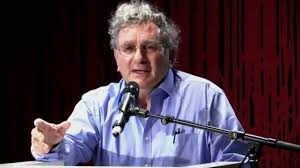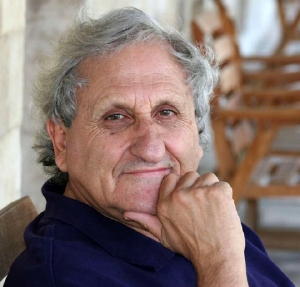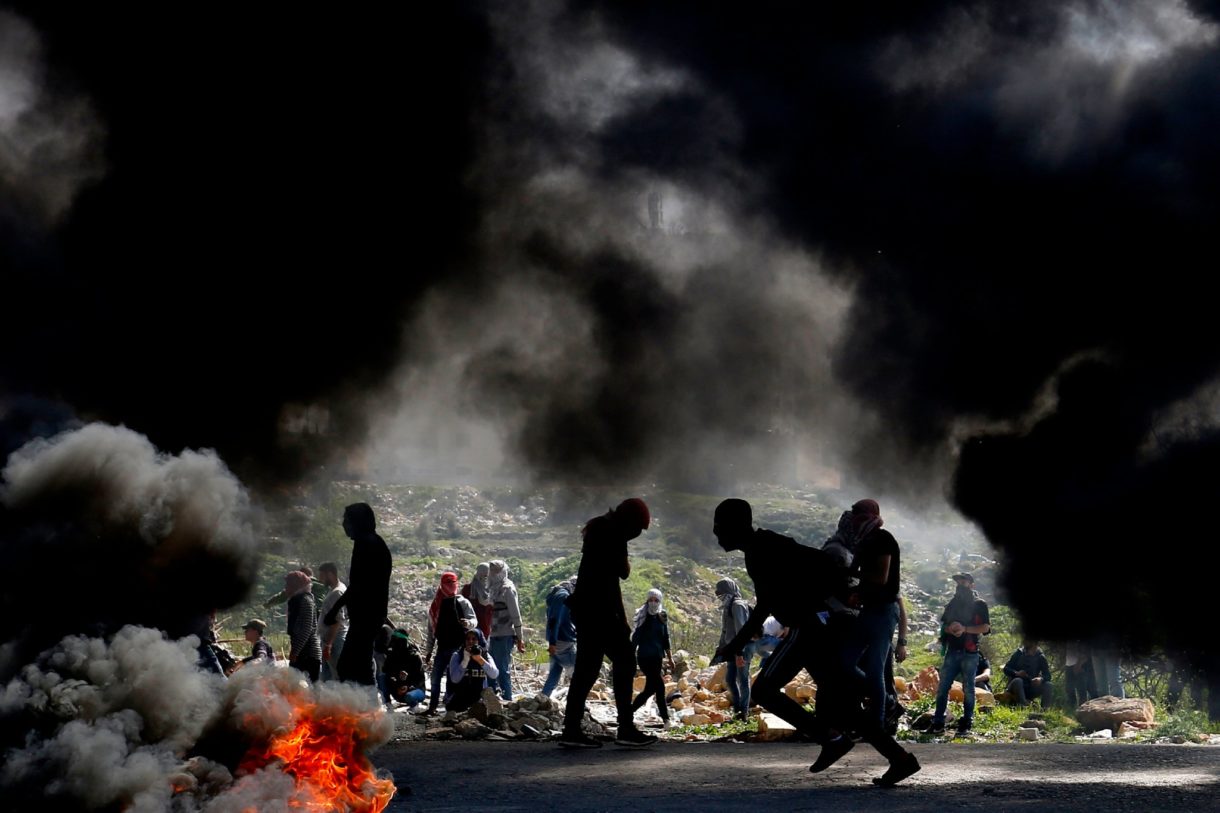
Israele, Grossman: “Ormai Bibi è nella testa del Paese. La democrazia è sparita”
10 Aprile 2019
dalla nostra inviata FRANCESCA CAFERRI REPUBBLICA
TEL AVIV.
All’indomani del voto con cui Benjamin Netanyahu si è imposto ancora una volta al
centro della scena politica, David Grossman è affranto. Come la parte del Paese
a cui, da anni, insieme a un’intera generazione di intellettuali il grande
scrittore israeliano dà voce. «Ci serve solo qualcuno con un po’ di coraggio,
che dica alla gente che la pace si può fare ancora: ci giochiamo davvero
tanto», ci aveva detto poche ore prima del voto. A urne chiuse la
consapevolezza amara è quella di aver perso la sfida: e in maniera brutale.
Signor Grossman, con la vittoria in
queste elezioni Netanyahu si appresta a diventare il primo ministro più longevo
della storia di Israele. Dopo tanti anni, ha capito qual è il segreto del suo
successo?
«Bibi ha un potere sulla
gente che è molto difficile spiegare in modo razionale. È un ottimo politico,
ma il segreto non è quello: ha trovato il modo di rispondere alle paure più
irrazionali e profonde dei sionisti. L’intensità della manipolazione che ha
messo in atto sulla società israeliana negli ultimi anni è difficilmente
spiegabile per chi non ha assistito al suo sviluppo: è entrato nella testa del
Paese e tutta la vita del Paese oggi si svolge nella sua testa. E’ come se
l’intero Israele fosse soggetto alle sue priorità, alle sue ansie, alla sua
visione del mondo: e nessuna altra visione trova spazio nel dibattito. Abbiamo
accettato che facesse lui le regole del gioco, senza troppa opposizione: ed
ecco il risultato».
Non sembra sorpreso…
«Non sono sorpreso
infatti. Si sa che in Israele il blocco delle destre è più forte, anche solo
dal punto di vista demografico. Ma Gantz è un uomo di centro-destra, nonostante
abbiano tentato di etichettarlo come un estremista di sinistra: speravo che
riuscisse ad attirare più voti da destra. Invece ha solo cancellato la
sinistra, inglobando i suoi elettori».
Che cosa si aspetta ora?
«Nulla di buono. Alle
urne ha vinto l’idea che Israele è uno Stato solo per gli ebrei, ci saranno
altre leggi che seguiranno quella sullo Stato-nazione approvata nei mesi scorsi
e il Paese si adeguerà. La parola democrazia perderà di senso, per un motivo
molto semplice. Non puoi definirti democratico e occupare le terre di un altro
popolo per 52 anni consecutivi. L’Israele di Netanyahu lo fa, e non avrà problemi
a continuare a farlo nel futuro».
Da dove può ripartire il Partito
laburista e con lui la sinistra israeliana?
«Una delle poche cose
buone di queste elezioni è che è chiaro che deve esserci un partito unito per
arabi e israeliani, in cui le parti siano pienamente uguali e che parli per
entrambe. Martedì gli arabi hanno fatto un errore a non votare, perché hanno
reso a Netanyahu la vita più facile. L’unica speranza che la sinistra ha di
ripartire è non abbandonare il 20% della popolazione del Paese che ha voglia di
essere perfettamente integrata nella società: i cittadini arabi israeliani
appunto. Invece sia il Labour che Meretz, come del resto Ganz, li hanno
totalmente ignorati, come se non ci fossero, li hanno umiliati per anni: un
errore costato carissimo a cui hanno tentato di rimediare solo nelle ultime
ore, quando hanno capito cosa stava succedendo. Troppo tardi».
Crede che i palestinesi sarebbero
d’accordo con la prospettiva di un partito unico?
«Ci sono migliaia di
persone che sono pronte a lavorare insieme. Ripartiamo da loro. Se fossi un
palestinese oggi mi sentirei umiliato e spaventato».
Da qualcosa in particolare?
«Da tutto. Netanyahu ha
incoraggiato gli estremisti, li ha infiammati. E il Labour è stato a guardare.
Quelli di destra oggi non dicono che Israele ha perso la sua anima, come io
penso, ma che invece l’ha ritrovata. Perché può contare sull’appoggio
internazionale per riprendersi quelli che considera territori storici:
Gerusalemme, il Golan, domani la Cisgiordania. I piani del governo che verrà su
questi temi saranno i più estremi a cui abbiamo assistito. E non solo su
questo».
Su cos’altro ancora?
«Sull’istruzione ad
esempio. Si dice che il nuovo ministro potrebbe essere Bezalel Smotrich di
Otzma Yediuth, un partito xenofobo e razzista che per anni è stato escluso
dalla vita democratica e che ora ci entra grazie a un accordo voluto da
Netanyahu. Per contrastare tutto questo dovremmo creare un sistema di scuole
umanistico, alternativo: come le scuole religiose fondate in passato dallo Shas
e che negli anni hanno prodotto una classe di persone che incarna l’ideologia
di quel partito e lo vota alle urne. Facciamolo anche noi ma con un sistema
scolastico umanistico, aperto, democratico».
Speranze per il futuro?
«Una sola. I documenti
che hanno portato alla messa in stato di accusa del primo ministro per
corruzione saranno resi pubblici a breve. Spero che nella squadra di Netanyahu
e anche nel suo partito, il Likud, ci siano persone oneste che si rifiuteranno
di avere a che fare con una persona che è a giudizio perché accusata di essere
corrotta e criminale. A quel punto il Likud, che non ama Netanyahu in modo
unanime, potrebbe essere costretto a cambiare leader».





